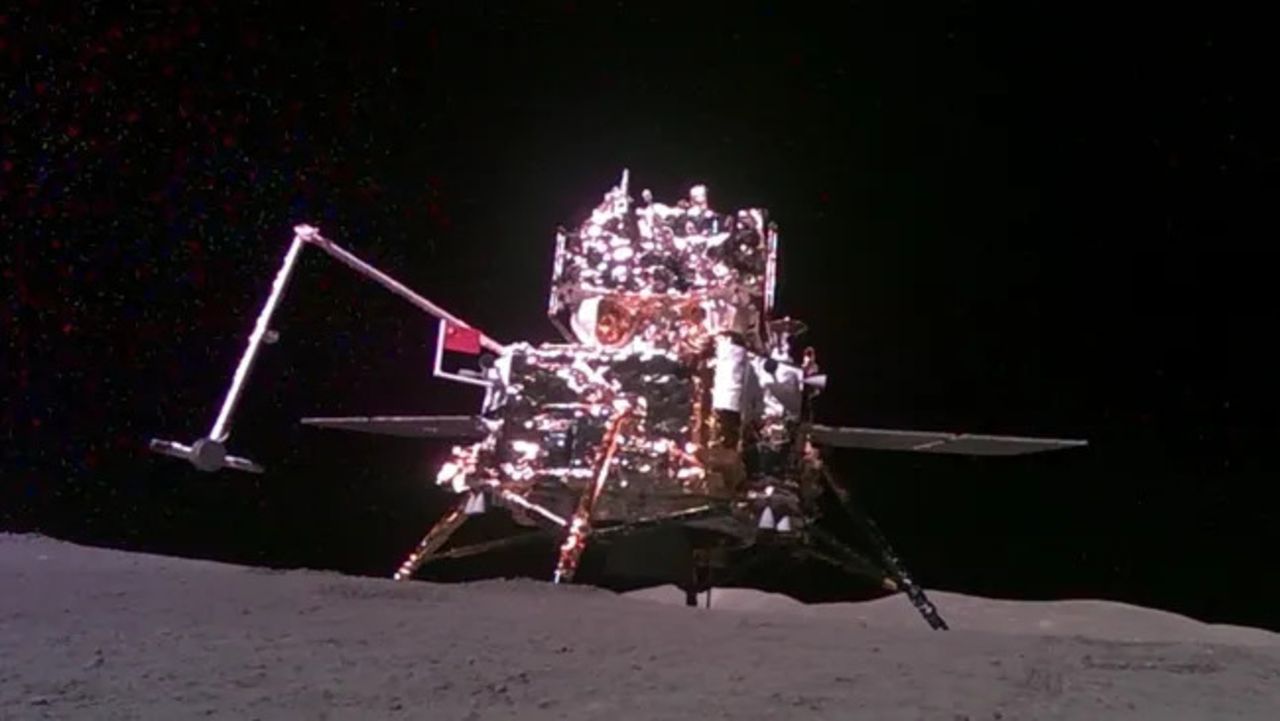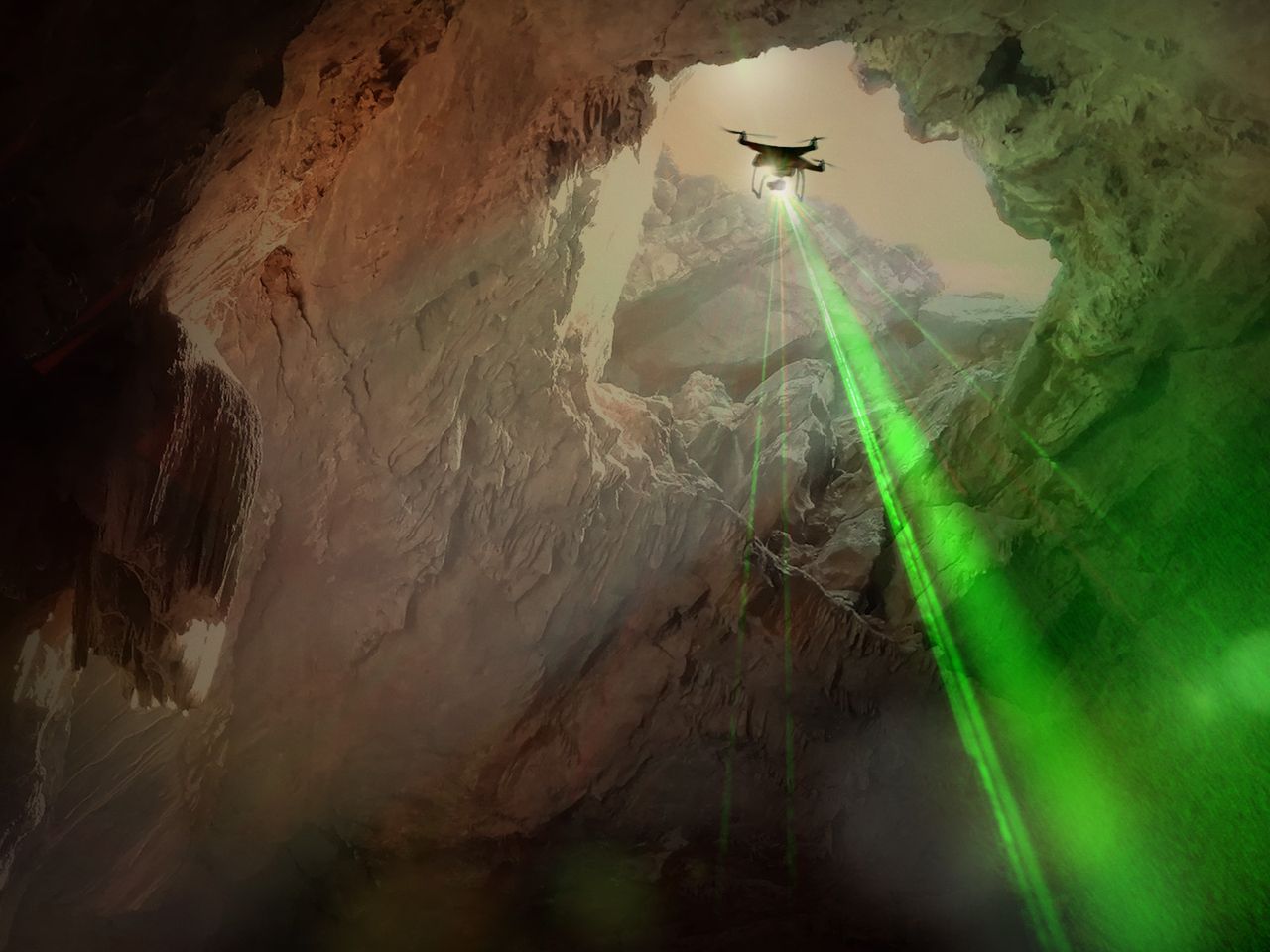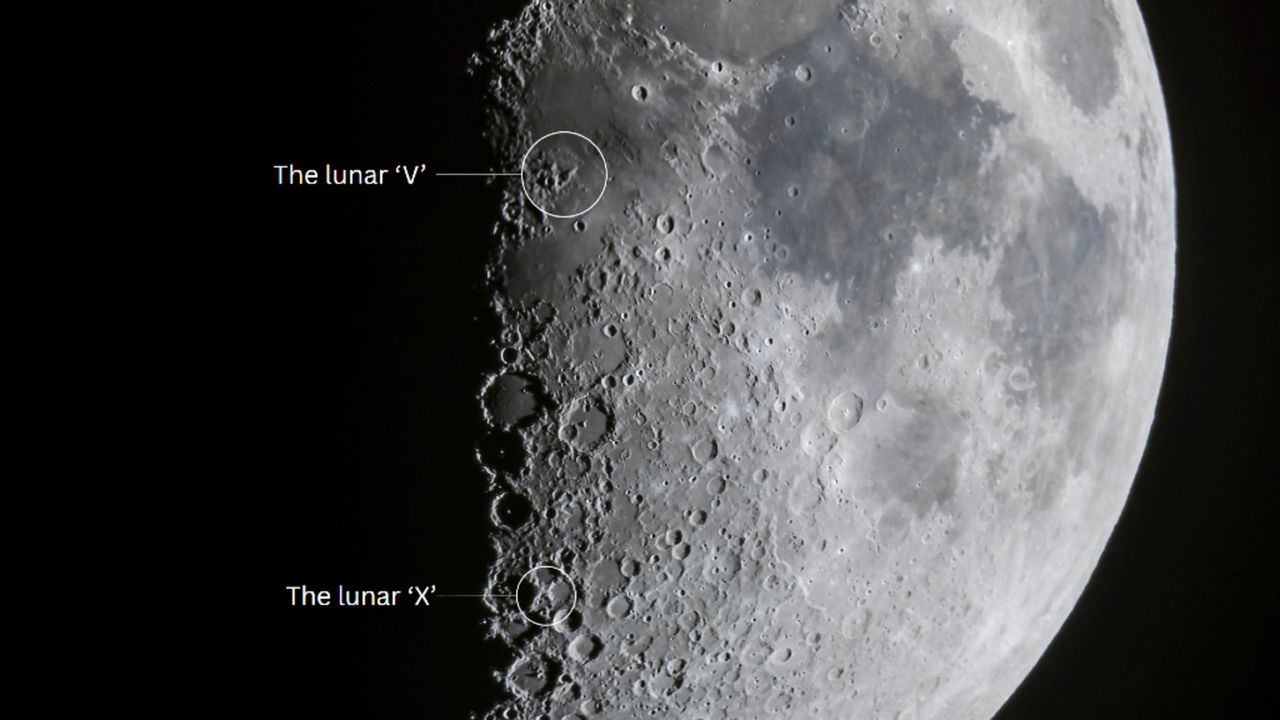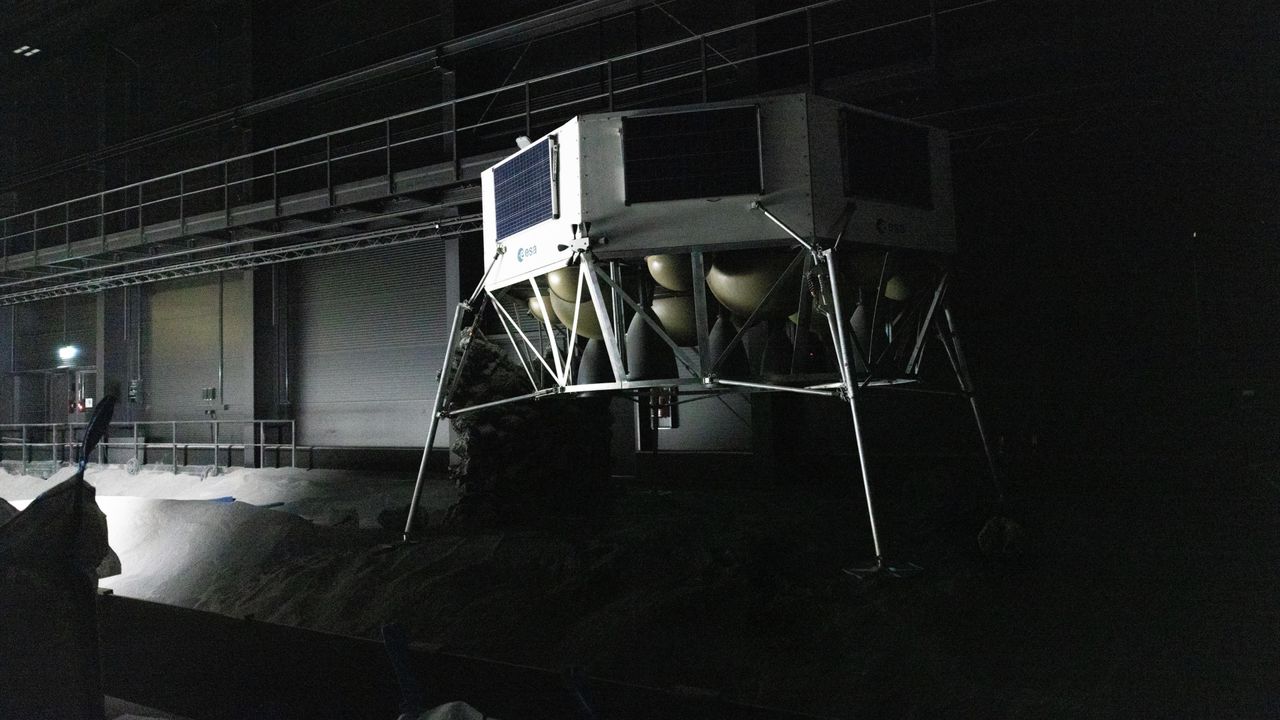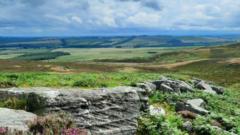Can we find water ice on the moon? Only if we know where to look, scientists say
NeutralScience
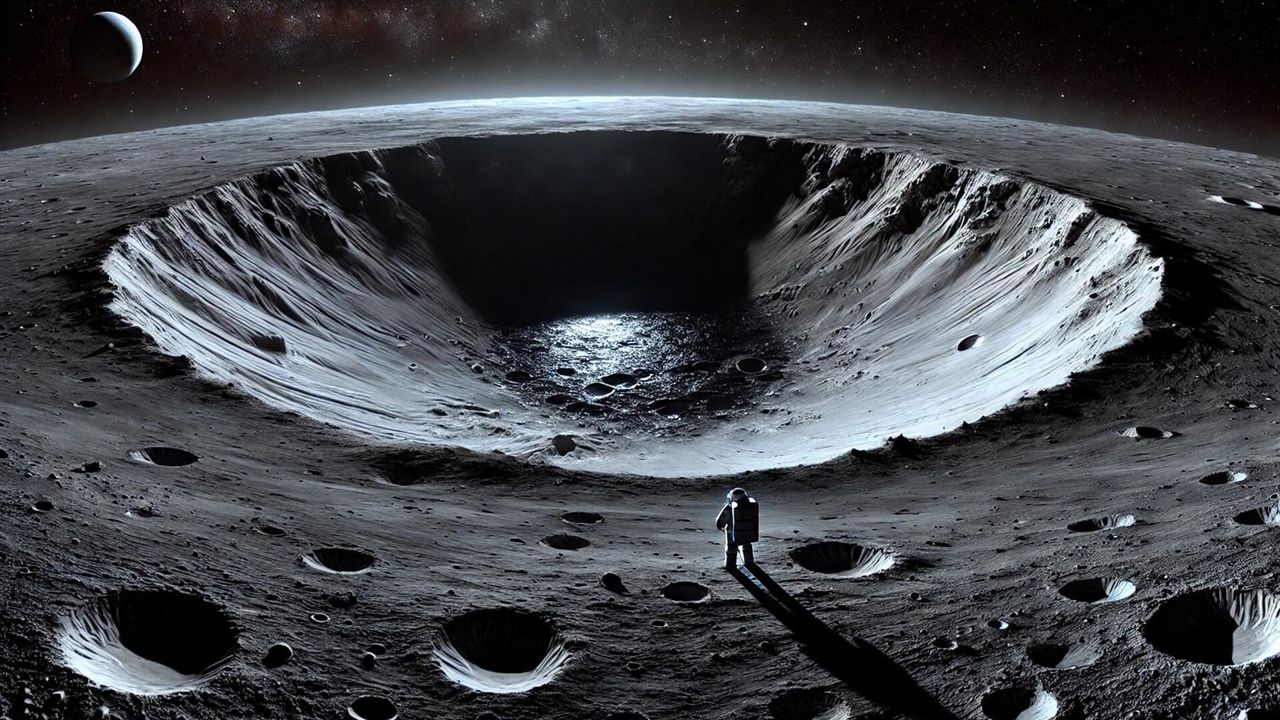
Scientists are emphasizing the importance of knowing where to search for water ice on the moon as various space agencies prepare for upcoming lunar missions. Understanding the availability of this vital resource could significantly impact future explorations and the sustainability of human presence on the moon.
— Curated by the World Pulse Now AI Editorial System
